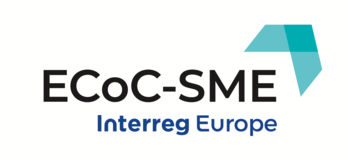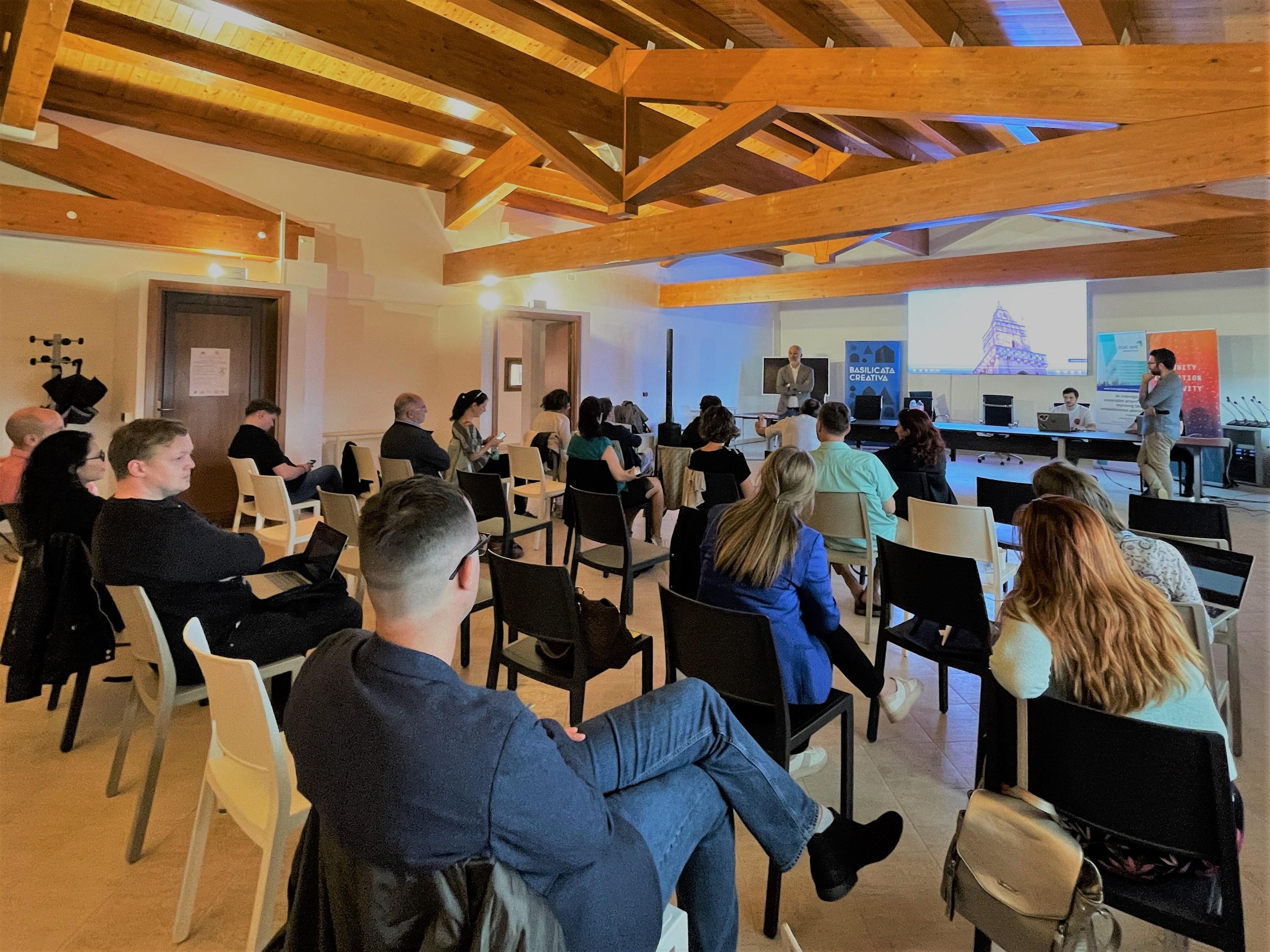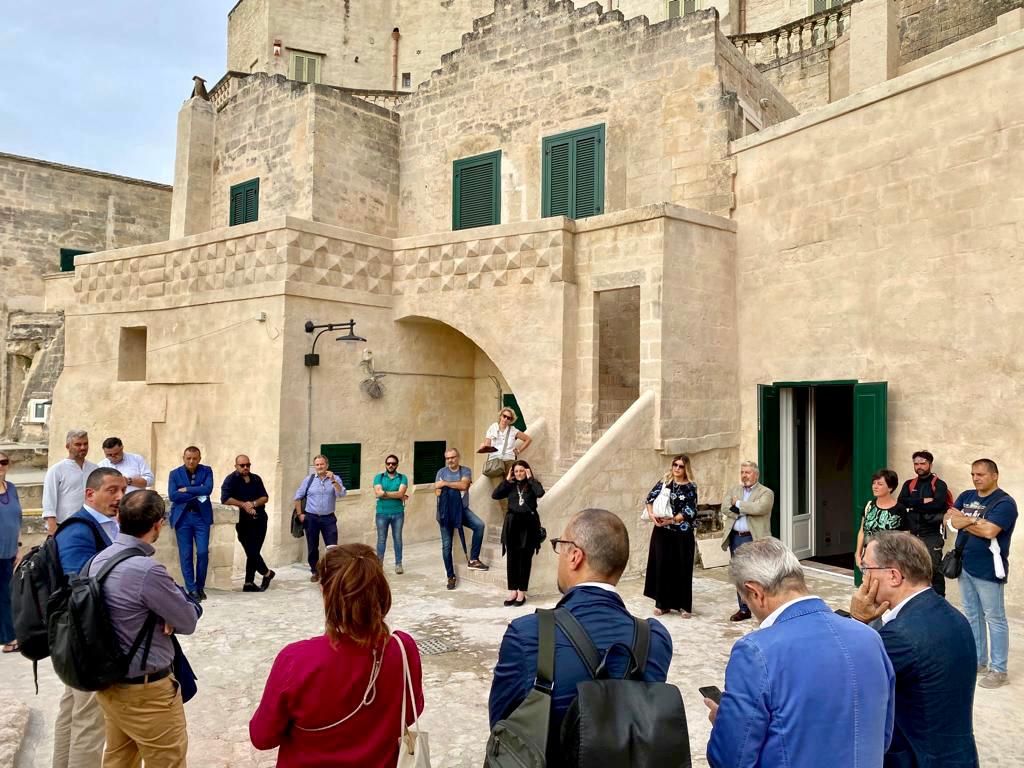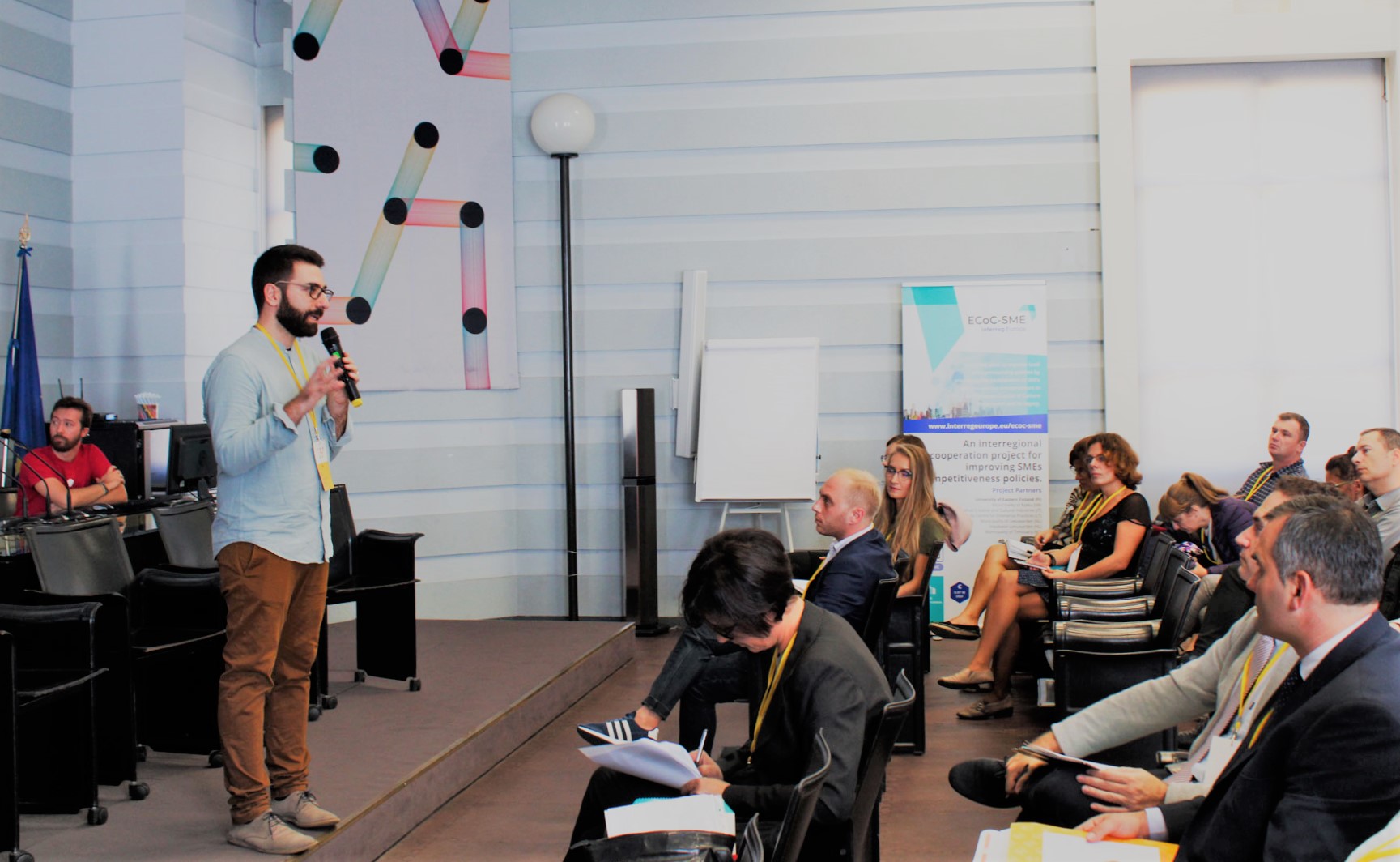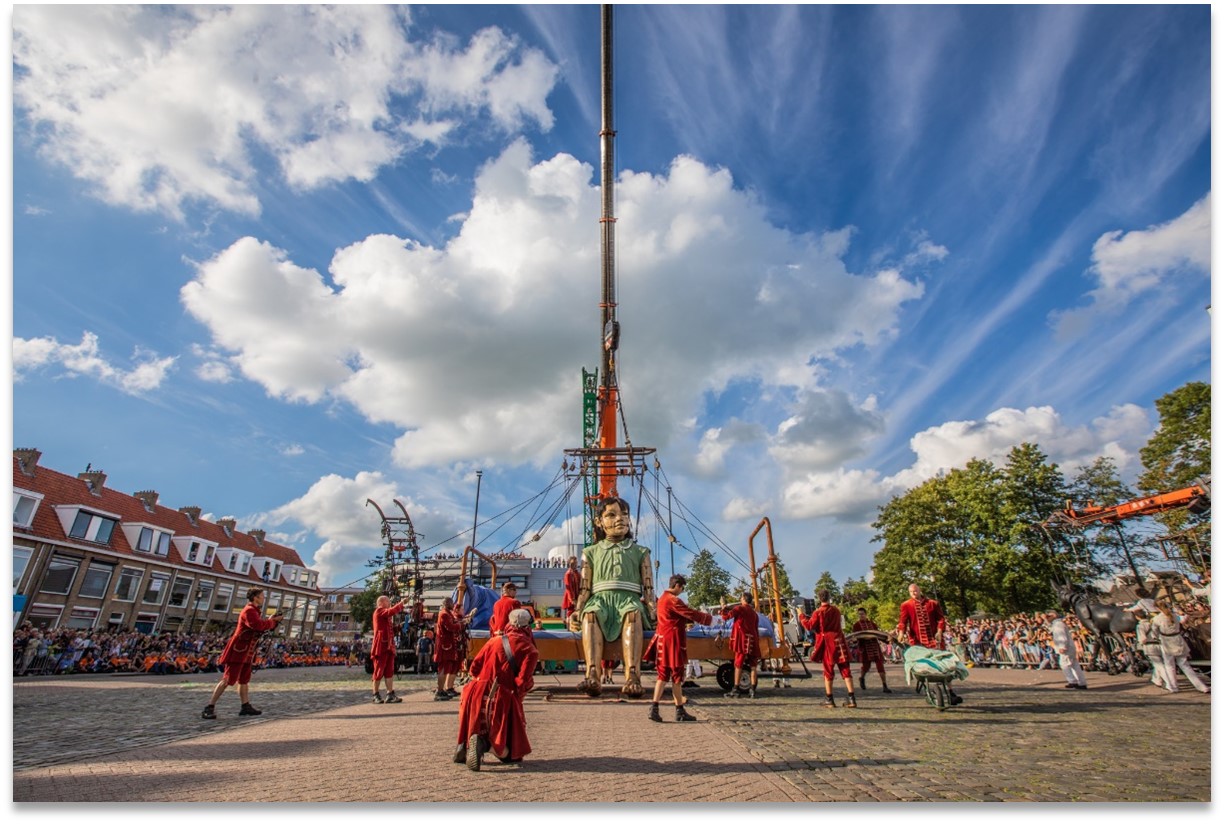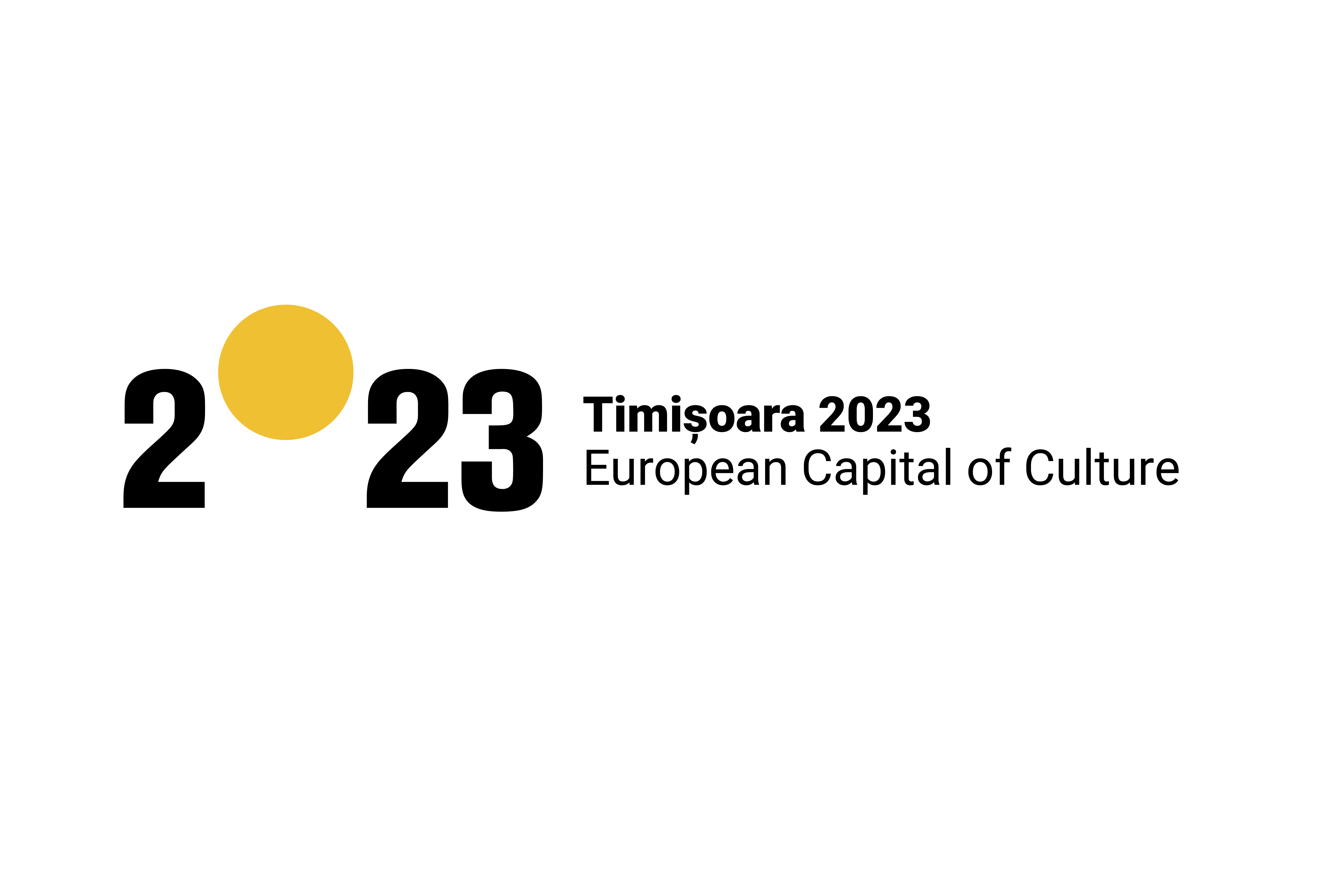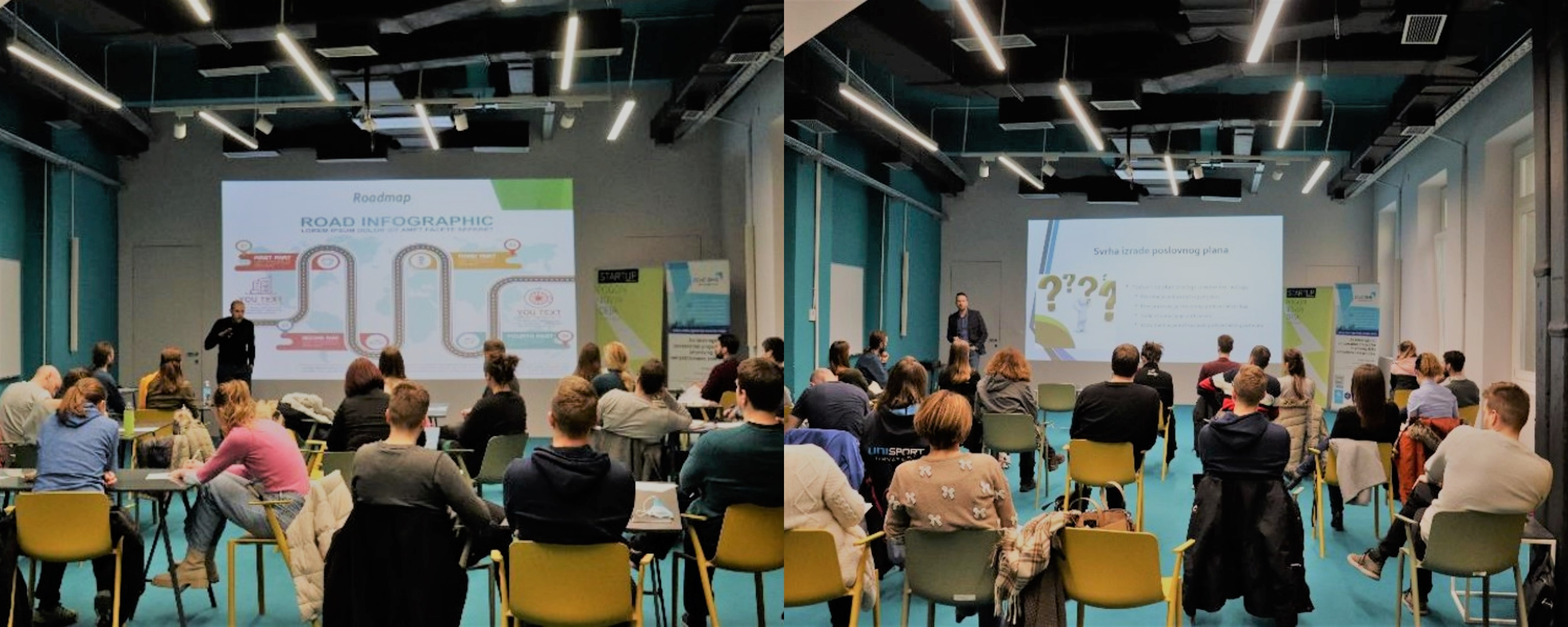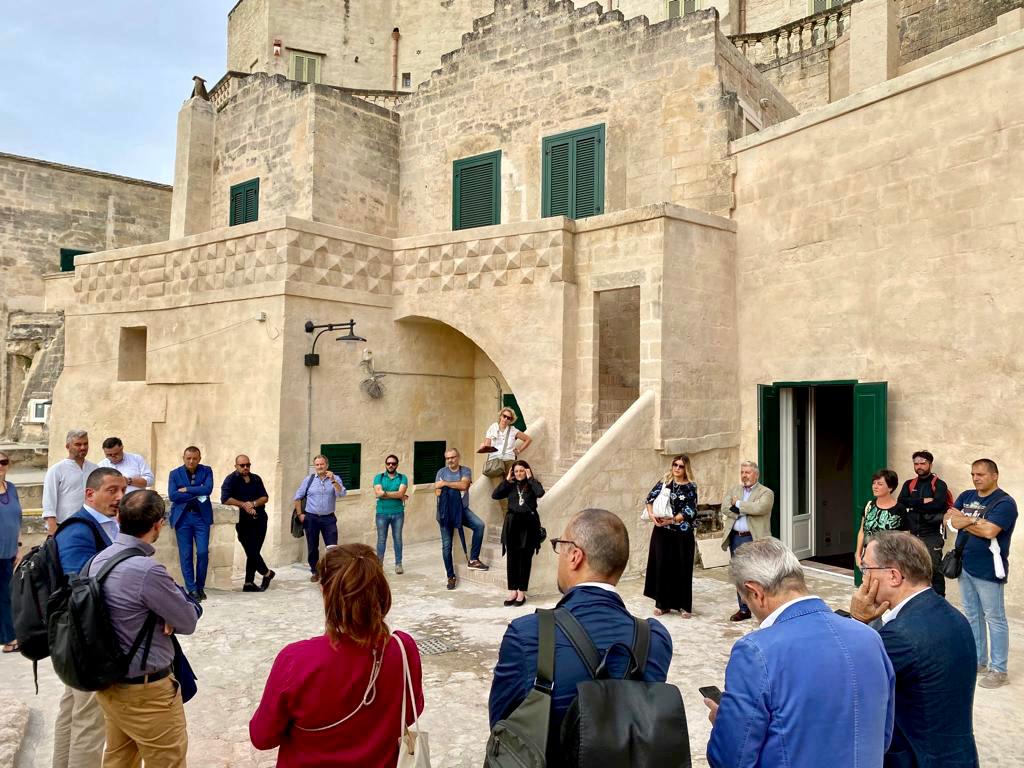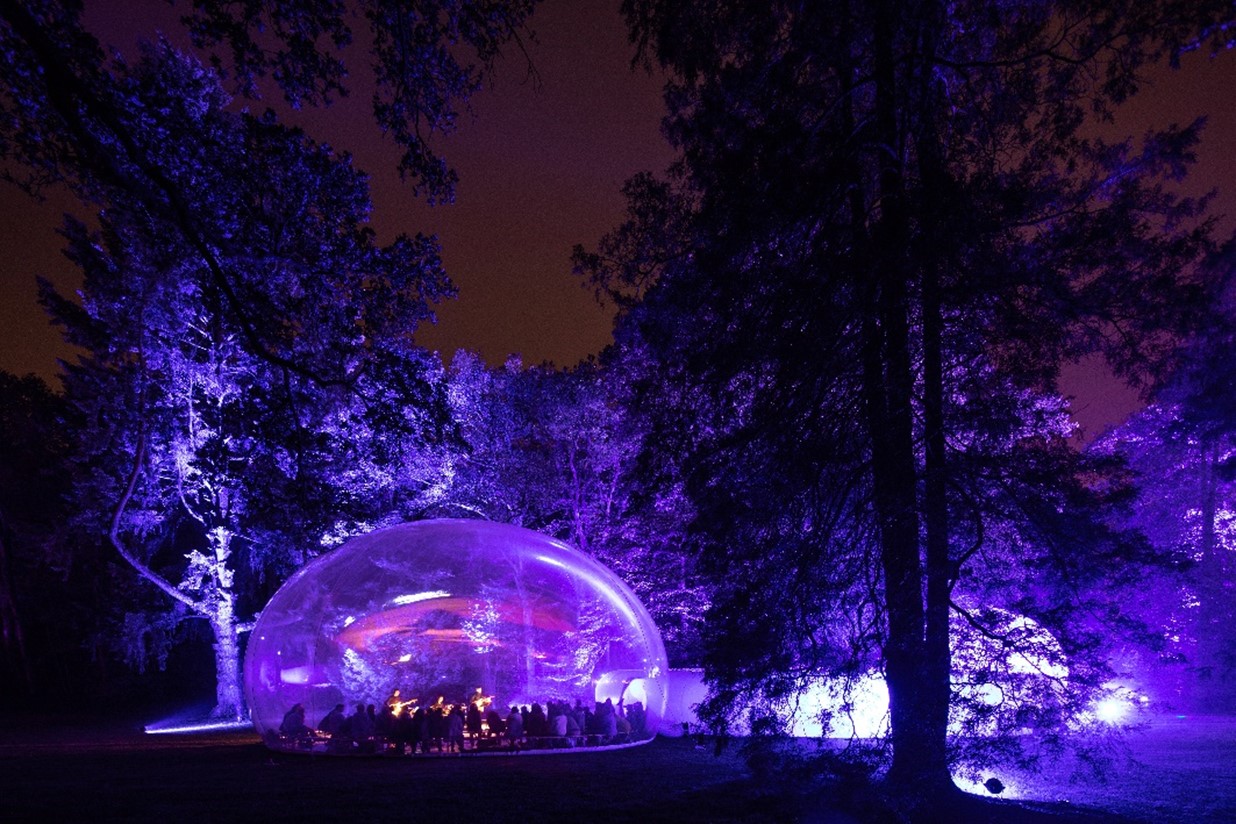The second local learning lab focused on youth and entrepreneurship included young people interested in cultural and creative industries.
Following the interregional exchanges last October, the Local Learning Lab (LLL) was convened again in Matera in early January to discuss youth and entrepreneurship by bringing together diverse stakeholders, who had already been invited to participate in the first round of this workshop: institutions, public and private organizations and those involved in entrepreneurial policies and innovation in the territory of the Basilicata region, Italy. However, in this second appointment we also invited many young people, especially those who are interested in working in the cultural and creative industries (CCI) and who are currently finishing their studies or have just graduated. Many of the young participants are studying or have studied outside Basilicata, in other regions of northern Italy or abroad. This time we needed a more open confrontation with young people, since they are the final beneficiaries of business support policies and regional investments in the CCI sector.

Thanks to the ECOC-SME project, we have an opportunity to activate innovative policies to encourage more effective actions and allow young people to invest in the cultural and creative industries sector in their homeland: so far, the policies adopted by the regional government have not been very successful.
The main topic of the LLL was youth emigration from Basilicata. Right now Italy is undergoing this dangerous phenomenon of emigration, especially of graduates, which is growing dramatically every year. Why don't young people from Basilicata choose to study or work in their region? What is Basilicata missing to be an attractive land for young people, new businesses and startups?
The problem is very complex and does not depend exclusively on regional policies or on the efficiency of systems that interact with young people, but extends to social culture and the geomorphology of the territories, family beliefs and a lack of culture of resilience in the internal areas of our region. Southern Italy is made up of small cities, scattered over a vast territory, without connections to large urban centers. Industries are very limited and most companies are family-run micro-businesses. It is difficult for a young graduate to find a qualified job, in which he can spend his educational qualification and have a rewarding monthly salary. Public administration is mainly composed of senior people, who are slow, have a generally old-fashioned approach to work and are unable to understand the innovative processes that occur in the world of SMEs and in territorial social contexts.
The most interesting good practices come from the experience of Matera-Basilicata 2019, European Capital of Culture. There are some projects related to community mapping implemented by the Basilicata Creativa cluster and some pilot projects developed by Materahub in recent years including many experiments that proved the use of participatory creative processes to encourage civic activism of young people.
In the last two years, the monitoring process of the youth situation in Basilicata, conducted by the local association Generazione Lucana and supported by Materahub, has seen the writing of a document for a new season of youth policies, defining some important steps. Planned measures will potentially lead to the involvement of the University of Basilicata in setting up an observatory on youth policies, effective interaction with the offices of the Basilicata Region as well as to connecting all the young administrators and politicians of the region.
